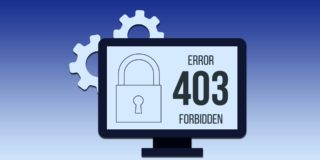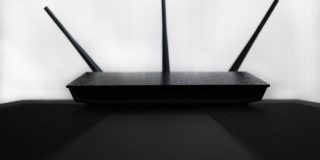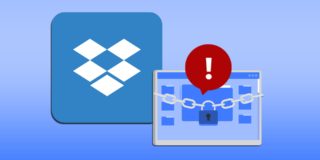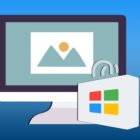What is a VPN Tunnel and How Does it Protect Your Data?
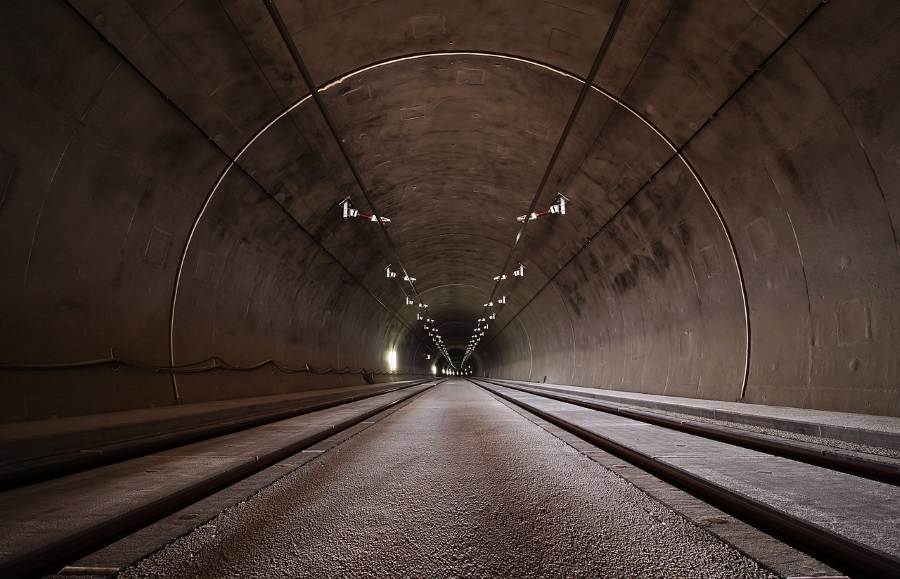
Do you use a VPN to keep your surfing habits private? Use one to protect your computer while on open Wi-Fi networks in a coffee shop or public space? If you don’t, you really should but that’s a discussion for another day. Today I’m going to discuss VPN tunnels and how they can protect your data.
A VPN as most of us know it begins with the VPN software installed on our computer or mobile device and ends on the internet. That application does a great job of hiding all the technical stuff that makes up a VPN and keeps your data and device secure. Today I’m going to unveil some of that technical stuff.
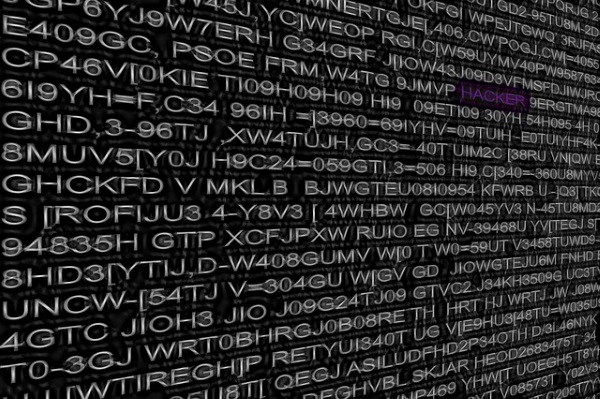
What is a VPN tunnel?
A Virtual Private Network (VPN) is a temporary (virtual) network connection created between two devices. For most home users, this will be between your computer where the VPN software is installed and the VPN server provided by a commercial outfit in return for a monthly or annual fee.
The software you install on your computer creates a secure direct link to that VPN server which takes over your internet connection. When the VPN is active, all traffic flows across that connection instead of its usual route through your ISPs network. It still goes from your home to your ISPs network node, but will then depart directly to the VPN provider.
First a quick overview on how networks work. Network data of all kinds is broken down and transported in packets. Each packet contains the source and destination IP address, the header which tells the destination in what order to rebuild the packet among other things and the payload, which is the web page, email or whatever you are sending. So that email you’re sending might be broken up into 50 packets and sent to the destination where it will be rebuilt in the correct order at the other end.
The VPN tunneling part uses encapsulation to hide your traffic. Encapsulation is where you hide one piece of data inside another. When not using a VPN, all your network traffic is sent in the clear, meaning anyone with access to that traffic can see what you are sending. When using a VPN, all your traffic is encrypted and hidden inside another secure packet so nobody can see what you’re sending.
I use a postal service analogy a lot when explaining VPNs because it is very effective. You’re sending a postcard to a friend. You write your note on the back, address and post it. Anyone working at the post office or looking at your mail will see the postcard and will be able to read what you write. They will also be able to see roughly where you live and the address of the person you are writing to.
Write your message in a secret code and put that postcard into an envelope and that snooper won’t be able to see anything. Send that envelope to an impartial friend who decodes your message and sends it to the destination for you and it becomes impossible for the snooper to see what you’re doing. That’s how a VPN works.
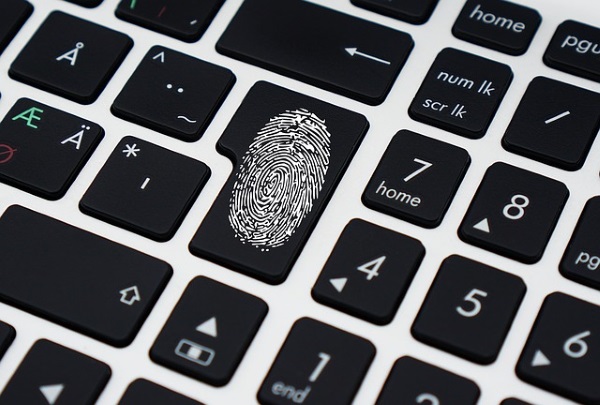
How does a VPN protect your data?
So from the principle of how a VPN works you can see how it will protect your data. First the VPN software encrypts the original data packet and then slides it into another data packet. It then sends it all to the VPN server over your internet connection.
At the VPN server, the outer packet is stripped and the original packet decrypted. It is then sent on its way across the internet as usual. All this takes less than a second if you have a good quality VPN provider.
Your ISP or anyone watching your internet connection will see that you are using the internet, will see traffic flowing across it but will not be able to see what you are doing. The encrypted traffic will be unreadable and all they will know is that you are using a VPN protocol.
So using a VPN makes me completely safe?
There is no such thing as completely safe online. However, a VPN is currently one of the easiest, most secure connection types available to home users. It is important to use a good quality VPN provider that allows unlimited traffic and keeps no logs. That no logs part is essential as a user log can tell law enforcement or anyone who wants to know exactly what you did, where you went and who you spoke to while on line. That kind of defeats the object.




